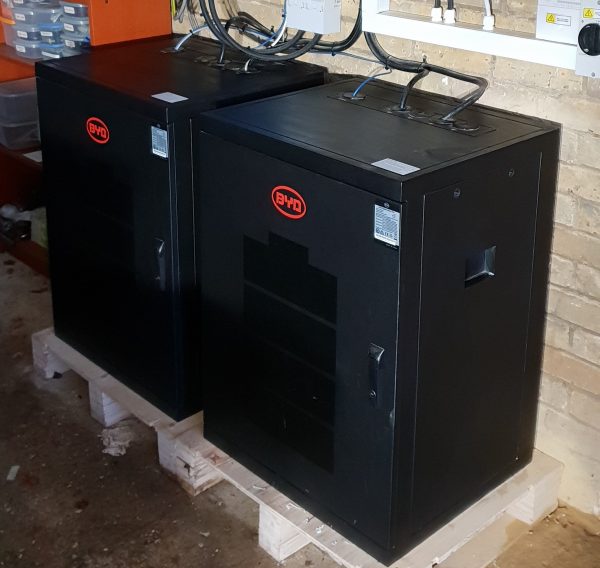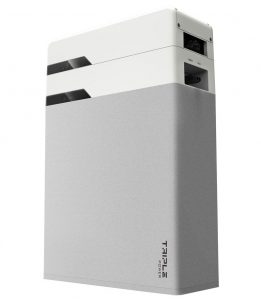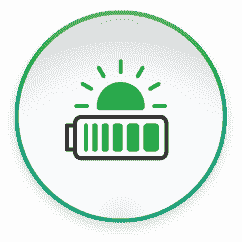In 2022, the residential solar market set its fifth consecutive quarterly growth record in the United States. This shows that homeowners generally recognize the benefits of solar panels. While encouraging, the same cannot be said for residential batteries – yet. In fact, a recent FranklinWH survey of 1,000 U.S. adults revealed that more than half (56%) of consumers will admit they aren’t familiar with the benefits of residential energy storage.
Setting the stage: Identifying the common misconceptions
While the responsibility to educate homeowners falls on the entire industry, installers and solar professionals must be prepared for kitchen table conversations about residential energy storage. Being able to educate homeowners on energy storage will help to boost sales.
The benefits of energy storage will change depending on the homeowner’s state and utility. The first step for installers should always be to understand a homeowner’s motivations for wanting home batteries, since their personal goals will influence what they hope to gain from investing in this technology and how the conversation should be approached. Don’t be surprised if you run into one of the misconceptions below.
Misconception 1: Battery storage doesn’t offer a return on investment
The most common myth homeowners believe is that a battery energy storage system (BESS) is too expensive and doesn’t offer a strong return on investment (ROI). First off, battery storage prices have decreased in recent years, which makes batteries more cost-competitive than ever before.
Read more: SolarPowerWorld
We are MCS Certified Solar Panel Installers. See more information on Solar Panels.
Click for more information on Battery Retrofit Storage.
For more information on Solar Panels and Battery Systems contact Tanjent Energy.






